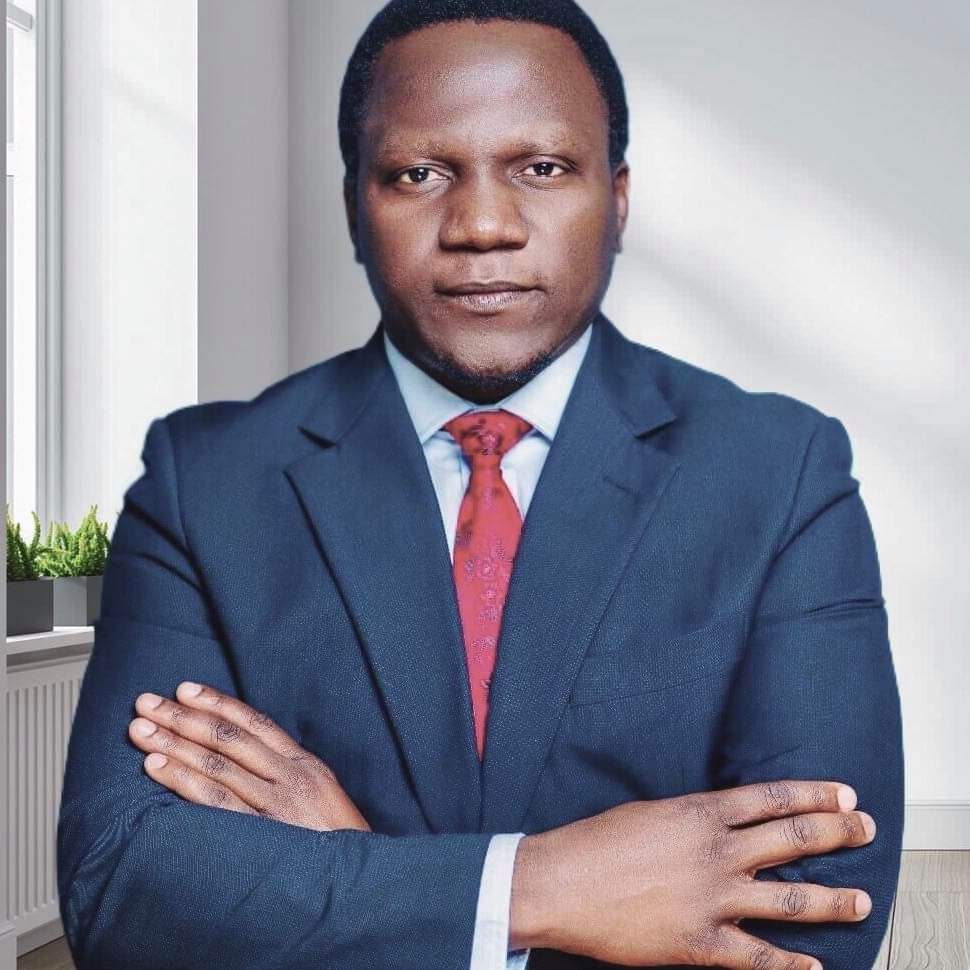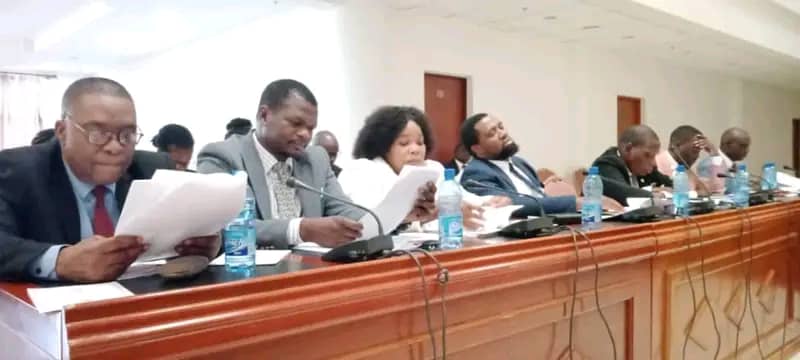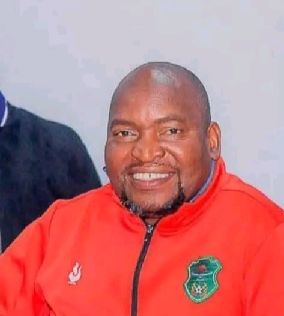By Burnett Munthali
Renowned Malawian lawyer Bright Theu has penned a bold and thought-provoking open letter to President Lazarus Chakwera and Inspector General of Police, Merlyne Yolamu, challenging their silence and perceived inaction in the face of rising machete-wielding violence. His message is a scathing critique of leadership, offering both a reflection on historical parallels and a warning about the potential consequences of inaction.
Here’s an analysis of the key themes and implications of Theu’s letter:
1) The core issue: Machete-wielding violence and political silence
Theu’s letter highlights the troubling resurgence of machete-wielding gangs in Malawi’s political landscape, a phenomenon that threatens to normalize violence as a tool of political expression. He specifically critiques the silence of President Chakwera and the police leadership in addressing these incidents, framing it as a dangerous abdication of responsibility.
The lawyer does not mince words in pointing out that Chakwera once condemned such acts under his predecessor’s regime. Yet now, as President, Chakwera’s silence risks sending a signal that violence, when politically expedient, is tolerable. This, Theu argues, is a betrayal of the President’s earlier stance on good governance and the rule of law.
2) Historical parallels and warnings
Theu draws on history, referencing incidents such as the near-fatal attack on activist Billy Mayaya. His emphasis on the deadly potential of machetes serves as a reminder of their role in some of history’s darkest moments, including genocides. This stark imagery underlines the urgency of addressing these acts before they escalate.
The comparison is not merely rhetorical—it is a caution against complacency. Theu urges leadership to recognize that allowing violence to flourish in the political arena will have long-term consequences for Malawi’s democratic future.
3) A misguided political calculation?
Theu accuses the government of potentially tolerating violence for political dividends, a claim that cuts to the heart of governance ethics. His rhetorical question to Chakwera—”You ain’t that cheap, are you, Sir?”—reflects his dismay at what he perceives as a calculated inaction.
This accusation, if true, raises questions about the moral and strategic priorities of the current administration. Is the silence born of complicity, or is it a misjudgment of what leadership requires in tense times? Theu’s letter demands an answer.
4) The role of institutions: Accountability and responsibility
While the President bears ultimate responsibility as the nation’s leader, Theu also addresses the Inspector General of Police, reminding her of her constitutional mandate to uphold law and order. He makes it clear that responsibility for addressing violence is not solely political—it is institutional.
By highlighting that the “buck stops” with Chakwera and Yolamu, Theu reinforces the importance of leadership accountability. He calls on them to take decisive action, both as a moral imperative and as a legal obligation.
5) A broader vision: Malawi’s legacy and future
Theu’s letter is not just about the immediate crisis. He paints a broader picture of the stakes involved, reminding the leadership that their actions (or inactions) will shape Malawi’s legacy.
His appeal to the President’s sense of responsibility—”Real people with real lives live and will live here”—is a poignant reminder that governance is about more than political maneuvering. It is about ensuring that future generations inherit a country where democracy thrives, and violence is not a default political strategy.
6) Leadership at a Crossroads
Theu’s closing challenge, “Can you just do the damn thing you are supposed and have been entrusted to do?” encapsulates the frustration of many Malawians who feel let down by their leaders. It is a call to action, a demand for the President and the police to rise above partisan considerations and prioritize the welfare of the nation.
As Malawi heads toward the 2025 elections, the stakes are high. The leadership’s response—or lack thereof—to rising violence will determine not only the credibility of the upcoming elections but also the trajectory of Malawi’s democratic progress.
Conclusion: A call for decisive leadership
Bright Theu’s letter is a stark reminder that leadership is not about rhetoric but action. His critique of President Chakwera and IG Yolamu underscores the urgency of addressing machete-wielding violence before it becomes a normalized feature of Malawian politics.
By drawing on history, appealing to moral responsibility, and calling for institutional accountability, Theu has issued a challenge that resonates beyond the immediate political moment. Whether the leadership heeds his call remains to be seen, but one thing is clear: silence and inaction are no longer viable options.
Malawi’s future hangs in the balance, and the time to act is now.




